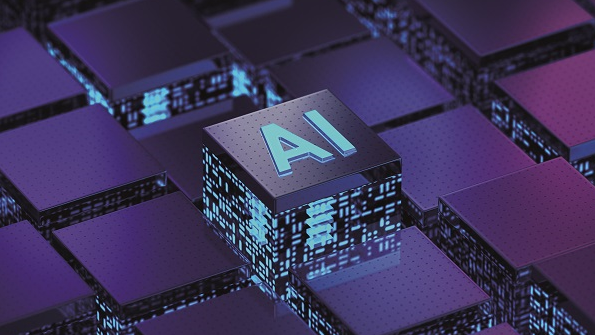As ChatGPT continues to make waves worldwide, the use of artificial intelligence (AI) is coming under scrutiny in a wide range of sectors. But can it be harnessed for real estate’s most important challenges? The jury is still out, writes Matthias van Enk.
ChatGPT: the latest investment tool?
- In Magazine highlights
- 08:59, 26 April 2023
Premium subscriber content – please log in to read more or take a free trial.
Events
Latest news
Best read stories
-

Firethorn Trust launches third-party management services
- 22-Jul-2024
Real estate investor, developer and asset manager, Firethorn Trust has appointed Charlie Ingham as director of Firethorn Investment Management, its third-party investment, development and asset management services offering.
-

-

-
- 23-Jul-2024
Stoneweg and Bain Capital divest Barcelona hotel

-
































